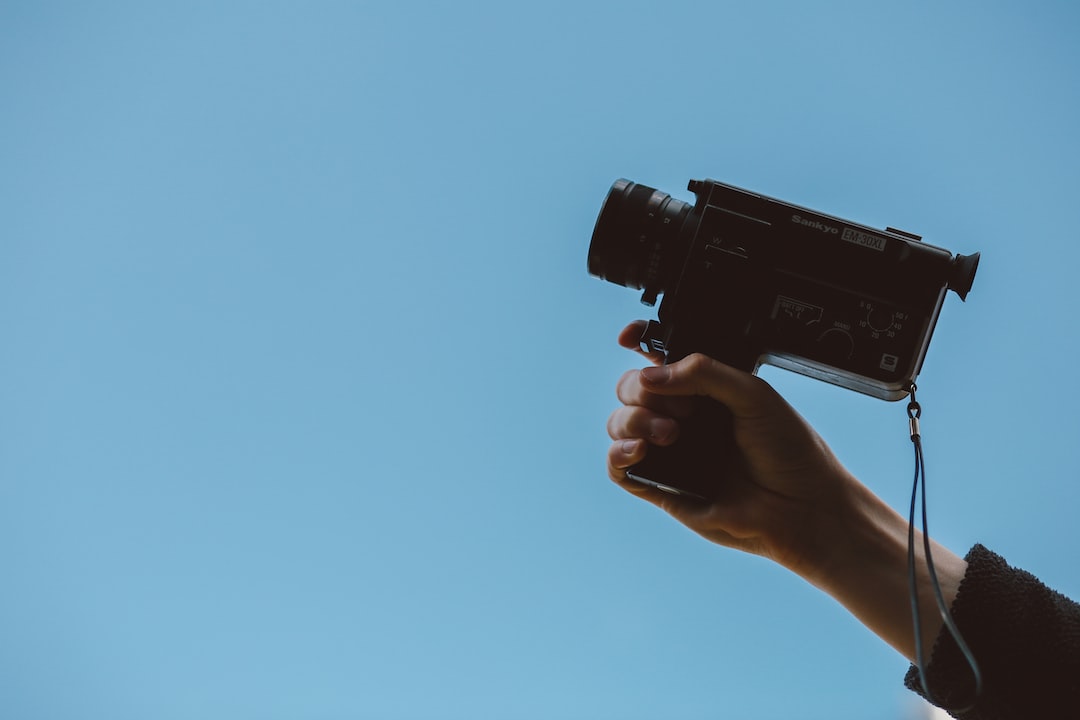Breaking Stereotypes: Representations of Gender and Race in Media
In recent years, there has been a growing recognition of the role media plays in shaping societal views and perceptions of gender and race. The media, whether it be through television, film, advertisements, or social media, has the power to construct and perpetuate stereotypes that can be harmful and divisive. However, there is also an opportunity for the media to challenge and break these stereotypes, promoting inclusivity and diversity within society. In this blog post, we will explore the importance of breaking stereotypes and the impact it can have on our understanding of gender and race.
One of the most prevalent stereotypes perpetuated by the media revolves around gender. Historically, women have been portrayed as overly emotional, weak, and dependent, while men have been depicted as strong, authoritative, and dominant. These stereotypes not only limit the opportunities available to women but also place unrealistic expectations on men, imposing traditional notions of masculinity. However, there has been a notable shift in recent years with more diverse and complex portrayals of gender.
The rise of strong, independent female characters in film and television has challenged traditional gender roles and provided audiences with positive role models. Characters like Wonder Woman, Rey from Star Wars, and Captain Marvel have shown that women can be powerful, intelligent, and capable of saving the day. These representations have not only empowered women but also inspired a new generation of girls to pursue their dreams without limitations.
Similarly, media representations of race have long been plagued by stereotypes that reinforce harmful biases. People of color have often been portrayed as exotic, criminal, or as exoticized objects of sexual desire. Such stereotypes perpetuate harmful biases, leading to discrimination and racism. Therefore, it is vital that the media shifts its representations of race and showcases diverse and authentic stories.
The groundbreaking success of movies like “Black Panther” and “Crazy Rich Asians” has shattered stereotypes by providing audiences with powerful narratives centered around characters of color. These films not only celebrate cultural diversity but also challenge long-held beliefs about representation and success in the entertainment industry. By promoting diversity in storytelling, the media is acknowledging the richness and complexity of different cultures, and allowing audiences to see themselves reflected in popular culture.
However, breaking stereotypes is not without its challenges. There is still a long way to go in terms of achieving true inclusivity in media representation. Women, particularly women of color, continue to be underrepresented both in front of and behind the camera. In addition, racial stereotypes are still prevalent in many media outlets, perpetuating harmful biases and contributing to the marginalization of minority communities.
To truly break stereotypes, it is essential for media creators, producers, and consumers to actively support and demand a more accurate and diverse representation of gender and race. This can be achieved through increased visibility and representation of underrepresented groups, promoting intersectionality, and telling authentic stories that reflect the experiences of all individuals.
As consumers of media, we also play a significant role in shaping the narrative. By actively seeking out and supporting content that challenges stereotypes, we can contribute to the change we want to see. Engaging in critical discussions about media representation and advocating for diversity at all levels of the industry are also crucial steps towards breaking stereotypes.
In conclusion, the media has a powerful impact on shaping societal views of gender and race. By breaking stereotypes and promoting diverse and authentic representations, the media can play an instrumental role in overcoming biases and fostering inclusivity. It is up to both media creators and consumers to actively challenge and demand better representation, ensuring that future generations grow up in a world where gender and race are celebrated and not restricted by stereotypes.

